Here’s the thing about TDM – it’s either your secret weapon for Classic mode domination or a complete waste of time. The difference? How you approach it.
Most players treat TDM like a mindless frag fest (guilty as charged when I first started). But competitive players? They’ve cracked the code on using its fast-paced chaos to build combat skills that translate directly to those clutch ranked moments.
Understanding TDM to Classic Skill Transfer
What Actually Transfers
TDM absolutely crushes it for developing close-quarters fundamentals. That instant respawn system? It’s like having unlimited lives to perfect your technique.
Every death becomes a learning opportunity instead of a 10-minute spectator session.
Skills that transfer beautifully:
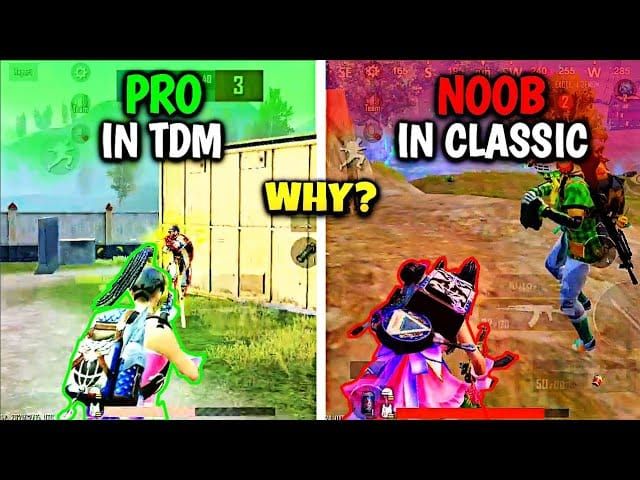
Close-range weapon control and spray patterns
Reaction time through constant firefights
Movement techniques – crouch-spraying, sidestepping, the works
Grenade timing (trust me, you’ll get plenty of practice)
Split-second decision-making when everything’s going sideways
The Reality Check
Let’s be honest – TDM has some glaring blind spots. Those tiny, enclosed maps won’t teach you long-range positioning or the strategic chess match that Classic mode becomes in final circles.
What TDM can’t teach you:
Long-range sniping (obviously)
Strategic positioning for zone rotations
Looting efficiency and resource management
The patience game that Classic demands
Pro tip from my experience: supplement TDM with Training Ground sessions for long-range work. Don’t put all your eggs in the TDM basket.
Essential Pre-Training Setup
Device Settings That Matter
Graphics should be ‘Smooth’ – always. I don’t care how pretty ‘Ultra’ looks when you’re dropping frames in crucial moments.
High-end devices with 90Hz or 120Hz displays can handle aggressive sensitivity settings, but if you’re on older hardware, you’ll need to compensate for input lag.
My recommended baseline:
Graphics: Smooth (non-negotiable)
Frame rate: Whatever’s highest for your device
Anti-aliasing: Off (performance over pretty)
Auto-adjust: Disabled (consistency is king)
Control Setup Reality
4-Finger Claw separates casual from competitive players. Period.
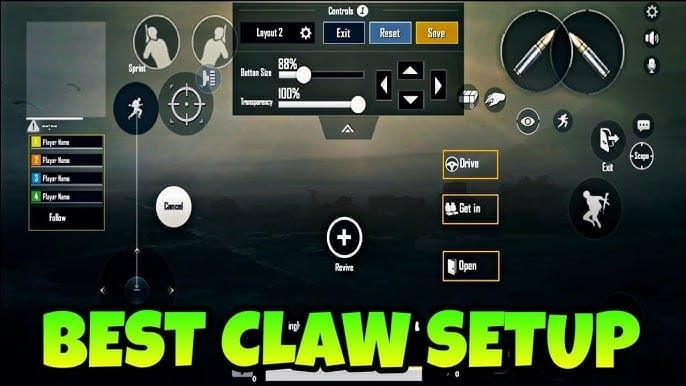
Yes, it takes 2-3 weeks to feel natural. Yes, your hands will cramp initially. But the multitasking advantage – moving, aiming, scoping, and shooting simultaneously – is game-changing. You’ll need higher sensitivity (100-150%) to make it work smoothly.
Gyroscope is your secret weapon for mouse-like precision. Use Always On or Scope On with high sensitivity (200-400%). Takes practice, but the payoff is massive.
Structured TDM Warm-Up Routines
5-Minute Quick Session
When you’re short on time but need to get your hands warm:
Minutes 1-2: M416/AKM spray control on moving targets
Minutes 3-4: Crouch-spraying with head-level crosshair discipline
Minute 5: Peek-and-fire from cover – focus on quick target acquisition
15-Minute Comprehensive Routine
This is my go-to before ranked sessions:
Minutes 1-5: Assault rifle work with different scopes (Red Dot, 2x, 3x)
Minutes 6-8: SMG close-quarters with movement-while-firing
Minutes 9-11: Grenade timing practice (you’d be surprised how much this helps)
Minutes 12-15: Mixed scenarios – weapon switching mid-fight
30-Minute Intensive Training
For serious skill development days:
Minutes 1-10: Individual weapon mastery across all primaries
Minutes 11-20: Team coordination with proper callouts
Minutes 21-25: Advanced movement – sidestep dancing, cover transitions
Minutes 26-30: High-pressure clutch situations
Weapon-Specific Training Drills
Assault Rifle Mastery
M416 – The Reliable Workhorse
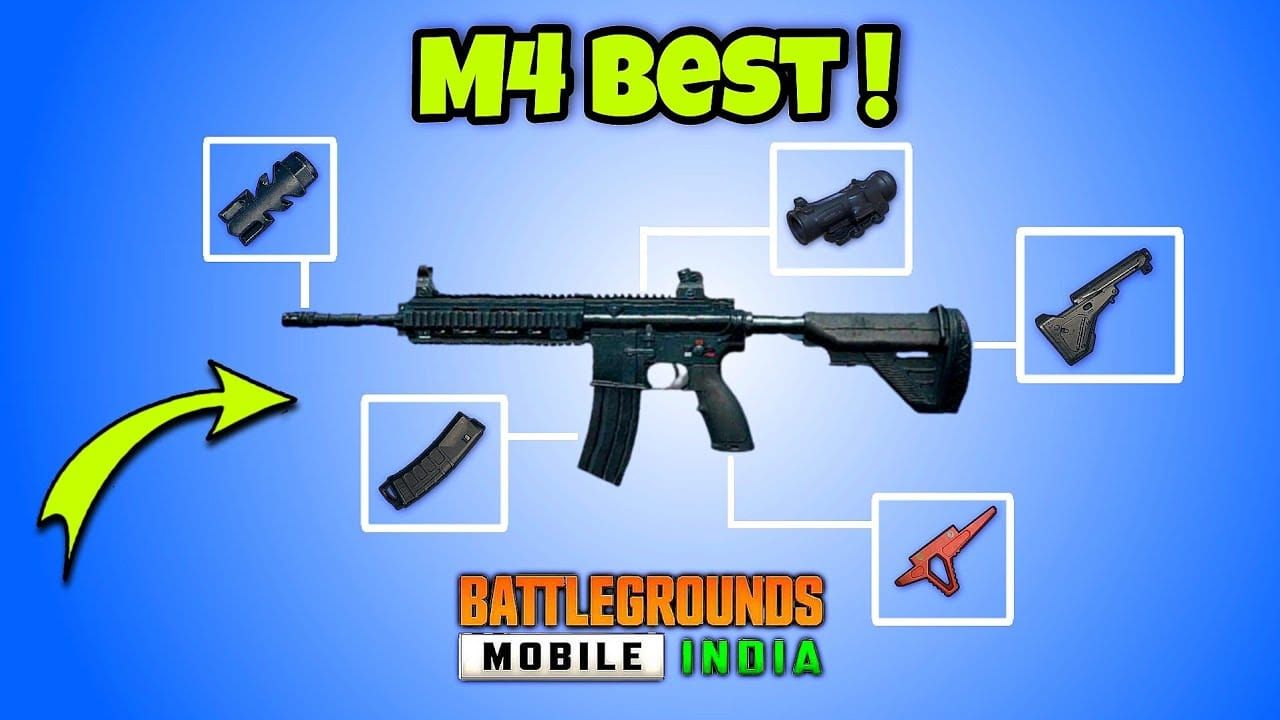
Focus on vertical recoil control through consistent pull-down technique. Master burst firing for medium-range accuracy, and optimize attachments (Compensator + Vertical Foregrip is my preference). Practice scope transitions between Red Dot and 3x – you’ll need both in Classic.
AKM – The High-Risk, High-Reward Beast This weapon demands respect. High damage but challenging recoil patterns mean burst firing is essential beyond 50 meters. Crouch-spraying dominates close-range, but prioritize that Compensator for horizontal recoil reduction.
SMG Close Combat Excellence
UMP45 – The Balanced Choice Versatile damage and controllability with extended magazine advantage. Focus on effective range optimization and movement speed benefits during aggressive pushes.
Vector – The Close-Range Monster Highest close-range DPS, but requires lightning-fast target acquisition. Magazine management becomes critical due to fast consumption. Learn your optimal engagement distances.
For enhanced training effectiveness, Warm up then UC top up guide provides comprehensive resources for optimizing your PUBG Mobile experience with reliable UC top-ups, ensuring uninterrupted practice sessions.
Sniper Precision Work
Kar98k Fundamentals Quick-scope technique development is crucial. Practice target leading for moving enemies and always prepare for follow-up shots after misses.
AWM Power Positioning Maximize that one-shot potential. Work on peek timing for minimal exposure and coordinate with your team for proper sniper support.
Movement and Positioning Practice
Peek and Fire Mastery
Right-hand peek advantages are real – less character model exposure, faster target acquisition, better cover utilization. Practice pre-aiming at expected positions.
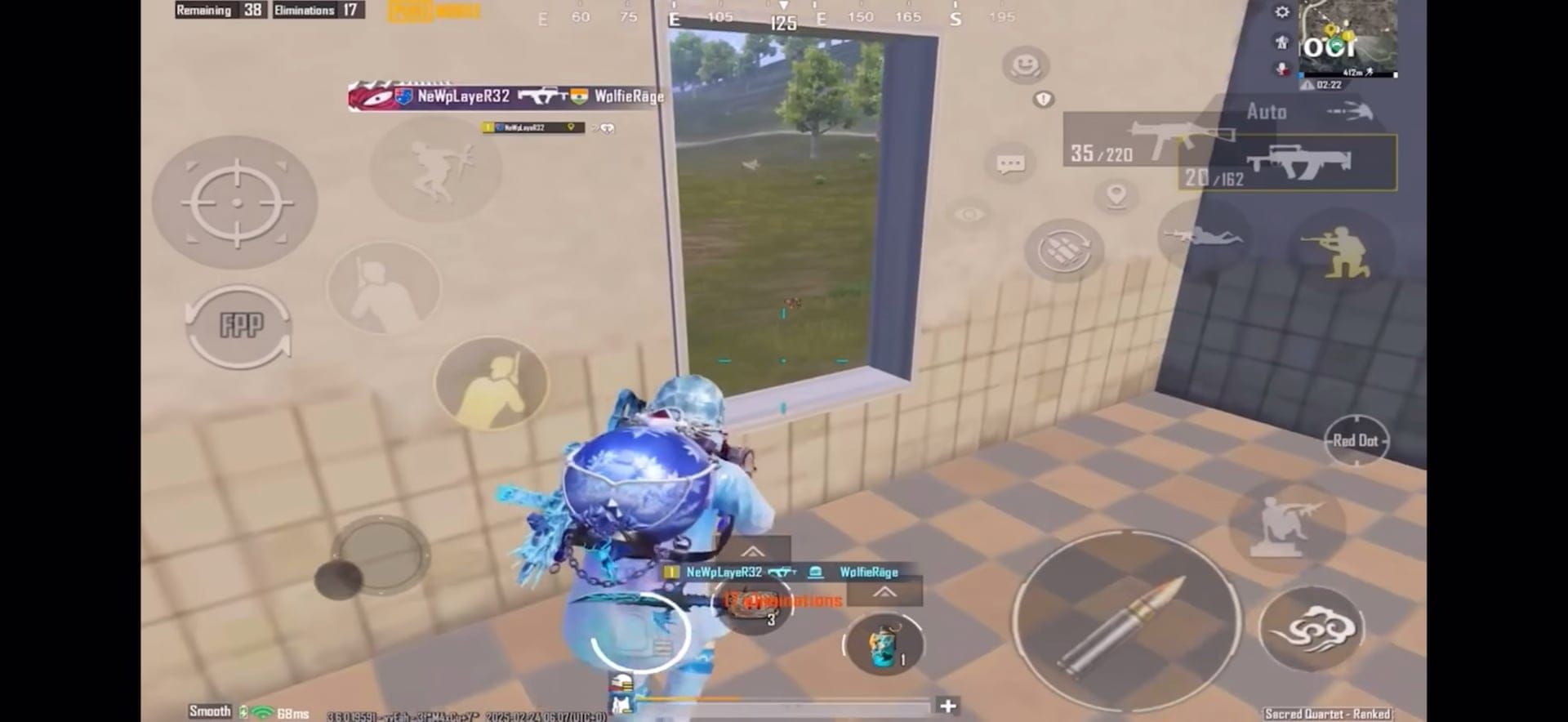
Quick peek for information gathering, wide peek for aggressive engagement. Know the difference.
Cover Usage That Saves Lives
Transition techniques that work:
Slide-jumping between positions
Crouch-walking for silent repositioning
Smoke grenade cover creation
Maintaining angle advantages
TDM’s health regeneration encourages hit-and-run tactics, teaching disengagement timing that’s absolutely crucial for Classic survival.
Angle Advantage Training
Defensive positioning: Pre-aim common approach routes with head-level crosshair placement. Patience for optimal engagement timing. Quick repositioning after eliminations to avoid revenge kills.
Aggressive angle taking: Wide swinging for surprise advantage. Coordinated team angles for devastating crossfire setups.
Aim Training Progression System
Crosshair Placement Fundamentals
Maintain head-level aim consistently. Practice elevation adjustments, pre-aiming corner positions, and smooth tracking during movement.
This is muscle memory development – repetition builds consistency.
Target Tracking Skills
Horizontal tracking mastery: Smooth movement with enemy pattern prediction. Calculate lead time for moving targets. Sustain accuracy during extended engagements.
Vertical tracking development: Jump shot accuracy, dropshot counters, elevation change adaptation.
Flick Shot Development
Practice 180-degree turns, multiple target sequences, and reaction time drills. Build muscle memory for common angles.
Team Coordination in TDM
Communication Excellence
Develop clear callout systems for enemy positions, health updates, ammo sharing, and strategic planning. Keep voice chat clear and concise – information overload kills teams.
Team Fighting Scenarios
Coordinated pushes: Simultaneous angle taking with crossfire execution. Focus fire target prioritization. Smart revive and support positioning.
Players seeking maximum training potential can benefit from Buy PUBG UC for classic mode perks, ensuring access to premium features and customization options that enhance the overall training experience.
Performance Tracking and Analysis
Metrics That Actually Matter
Track these religiously:
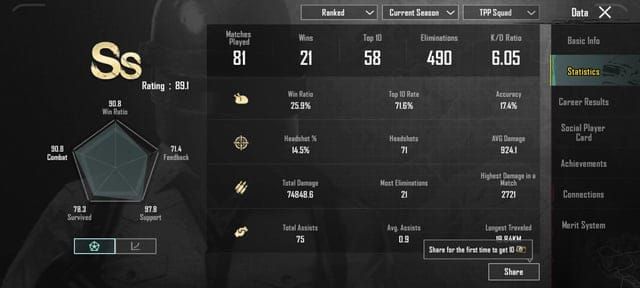
Kill-to-death ratio trends over time
Accuracy percentage with different weapons
First-contact reaction times
Headshot percentage improvements
Weekly evaluation routine: Compare performance metrics, assess skill transfer to Classic mode, adjust training based on results.
Identifying Your Weak Points
Common problem areas:
Specific weapon recoil control issues
Movement technique gaps
Communication breakdowns during team play
Performance drops under pressure
Be honest about weaknesses. That’s where growth happens.
Common Training Mistakes to Avoid
Ineffective Practice Habits
The sensitivity copying trap: Stop blindly copying pro settings without considering your device, grip style, and existing muscle memory. Pro settings are starting points, not gospel. Spend 10-15 minutes in Training Ground adjusting.
The uniform sensitivity mistake: Using identical ADS sensitivity across all scopes creates suboptimal performance. Each magnification needs specific tuning: Red Dot 60-100%, 8x Scope 10-20%.
Over-Training Warning Signs
Watch for decreased accuracy despite practice, increased frustration, physical discomfort, and reduced enjoyment. Limit intensive sessions to 30-45 minutes max with regular breaks.
Your brain needs processing time.
Skill Transfer Failures
Passive playstyle trap: Camping-focused TDM approaches won’t build the aggressive combat skills Classic demands. Active engagement maximizes learning and builds confidence.
Scope mismatch training: Practicing exclusively with close-range scopes creates medium and long-range deficiencies that’ll bite you in Classic.
Advanced Training Techniques
Scenario-Based Practice
Building clearing simulation: Room-to-room movement, corner checking, sound-based detection, quick target acquisition in tight spaces.
Pressure Training Methods
Clutch situation mastery: 1v2 and 1v3 scenarios, resource management under pressure, split-second decision accuracy.
Mental Game Development
Confidence building approach: Aggressive engagement practice, success pattern recognition, failure recovery techniques, stress management.
For optimal training results and uninterrupted practice sessions, Midasbuy UC top up fast confirmation ensures quick and reliable UC purchases, allowing you to focus entirely on skill development without payment delays.
Frequently Asked Questions
How long should TDM warm-ups be before Classic matches? Sweet spot is 10-15 minutes. Balances preparation with energy conservation. 5-minute sessions cover weapon handling basics, while 15-minute routines allow weapon variety and movement practice.
Which weapons should I prioritize during TDM training? Focus on M416, AKM, and SCAR-L – these are Classic mode backbone weapons. Include UMP45 or Vector for close-quarters scenarios. Don’t waste time on weapons you’ll rarely use.
What sensitivity settings work best for TDM training? Start with Camera sensitivity around 120% and decrease ADS sensitivity with magnification: Red Dot 50-70%, 2x Scope 35%, 4x Scope 20%, 8x Scope 12%. Always test in Training Ground for 10-15 minutes before applying.
How can I tell if TDM training improves Classic performance? Track K/D improvements, accuracy percentages, and reaction times. Monitor Classic rank progression and consistency during high-pressure situations. You should see improvements within 1-2 weeks of consistent practice.
Should I focus on kills or skill development during warm-ups? Skill development over kill chasing, always. Structure sessions around specific improvements: recoil control, crosshair placement, movement techniques. Use deaths as learning opportunities for positioning and timing analysis.
What are the biggest TDM training mistakes? Treating TDM as casual entertainment, copying pro sensitivity without device consideration, using uniform ADS sensitivity across scopes, and adopting passive camping strategies that don’t build real combat skills.
















